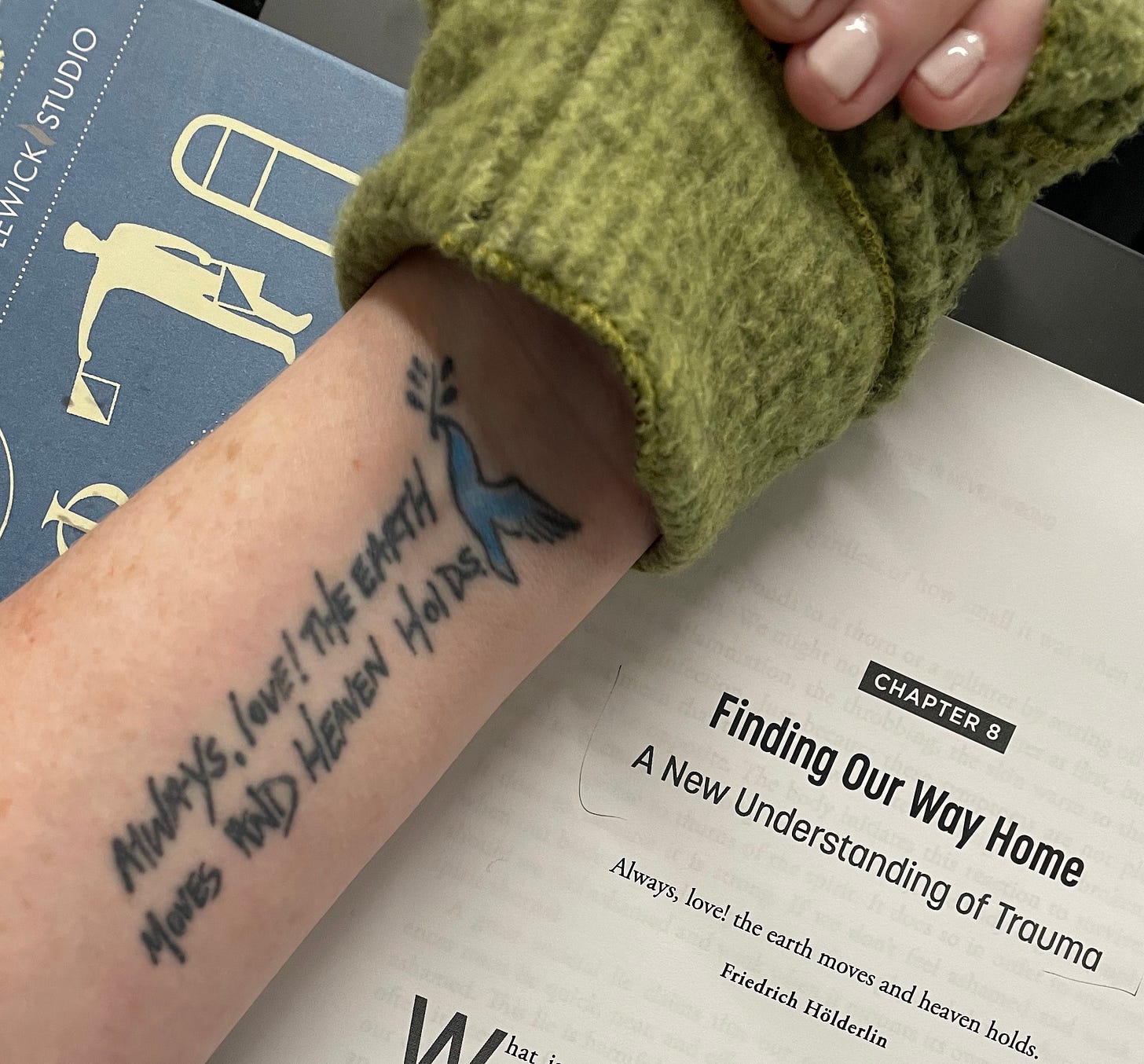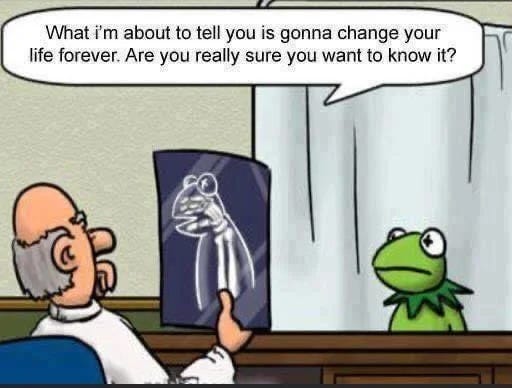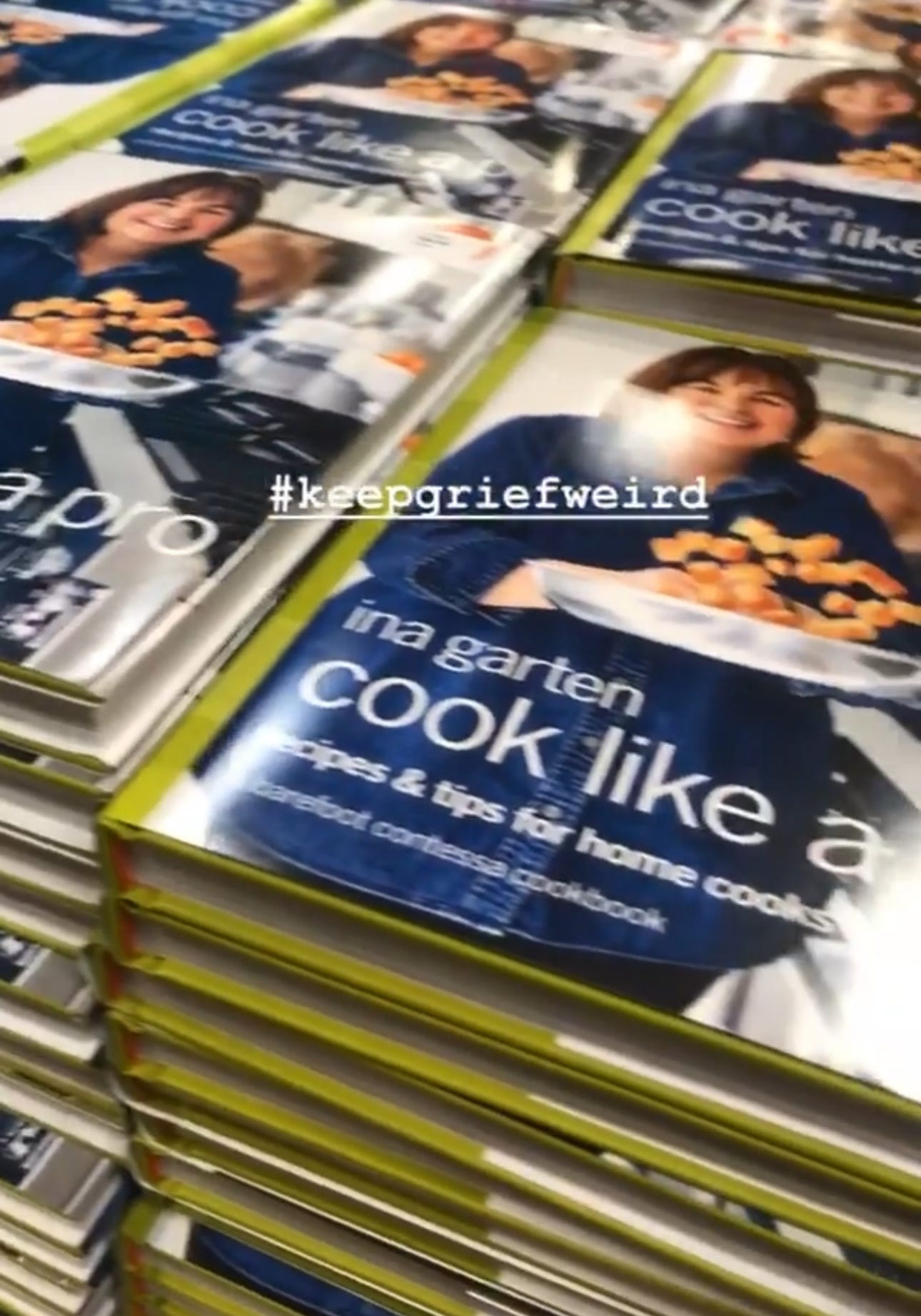MC here!
(Captain’s Log: This episode was recorded the week after Christmas of 2023. You know that middling week that sits before Christmas and New Years and just feels sort of generally weird? It’s June right now, and when we were listening back to this one, we found that a little bit odd, so we’re logging it here in case you do too. Time isn’t real.)
We talked this week about disenfranchised grief. There are many, many types of grief and we have a whole episode that breaks down some of the most commonly described types of grief.
Disenfranchised grief is grief that society does not fully acknowledge, validate, or support. The word ‘disenfranchised’ comes from the Latin ‘dis’ which means apart or asunder and ‘enfranchise’ which means to make free. When someone’s grief is disenfranchised, then, it means it is torn from them, not allowed.
Think about that for a second. You’re grappling with a devastating loss. Which as we well know is quite hard enough. But then your grief is torn from you. Not allowed.
Oof.
What would an example of disenfranchised grief be? It can happen for many reasons. A stark example is someone whose affair partner has passes away from a sudden cardiac arrest. Since the relationship is not viewed as legitimate, they are not allowed to grieve. They might not even be notified of the passing, they would certainly not be welcome at the funeral, cannot be public with their grief, and if they do express it would likely be judged for the nature of the relationship rather than held in their pain.
This example might seem extreme, but disenfranchised grief can also come up when someone loses a family member that is very close to them but has reached their golden years; when someone loses a mentor or influential person in their life who has been critically important to their development but whom they are not close with daily; when friendships end.
We are also disenfranchised from our grief when it persists longer than society deems acceptable – mention an old breakup, or a loss that occurred in your youth and you are much more likely to be questioned for continuing to have feelings about it, rather than held in your pain.
Disenfranchised grief is so painful for two reasons – one is because in the wake of a loss, grief is the only thing left over from the loss you’ve just suffered. To have it torn from you is to lose what you’ve just lost all over again. The second reason is because unless your grief is acknowledged and held by other people, it cannot be healed. When society at large or people in your own life disenfranchise you from your grief, you are left two options – either internalize the judgment and come to feel shame about your grief or attempt to justify it to them. In either case, you are left isolated instead of attuned to.
How do you recover from disenfranchised grief? Well, we do a good bit of it in the episode, but in general the first step is to acknowledge that it has been disenfranchised. Once you’ve got that awareness, rebel! Refuse to internalize society’s inability to witness your grief. Other people’s failure to attune to you is not proof that you are not allowed to feel. The next step is to find others who can and will acknowledge your grief. Because here’s the truth and it’s also the reason that we’re here in this space with you: all of our psychological wounds need and deserve relational homes to be healed. A relational home is a space where overwhelming emotions that are too much to bear alone can be borne by another who attunes to you.
We talked a lot in this episode about time, about how grief changes over time but does not disappear, about how we can think about our grief as if it were a little being that grows right next to us as time goes by. We wouldn’t expect a six-year-old to have a full-time job and full control over their emotions, would we? So why do we expect our six-year-old grief to be fully matured?
I wrote a post about that here: My Grief Just Turned 18
And because we are us, we also got silly. Because of course.
Tracy here!
Update/correction. It was Cook Like a Pro! not Cooking for Jeffrey (which Bev had and now I wish I could ask her about).
Want to share your grief stories? We’d love to hear from you
Message us here or at keepgriefweird@gmail.com, and tag us on Instagram @keepgriefweird and use our hashtag- #keepgriefweird to share your weird griefy things!

























